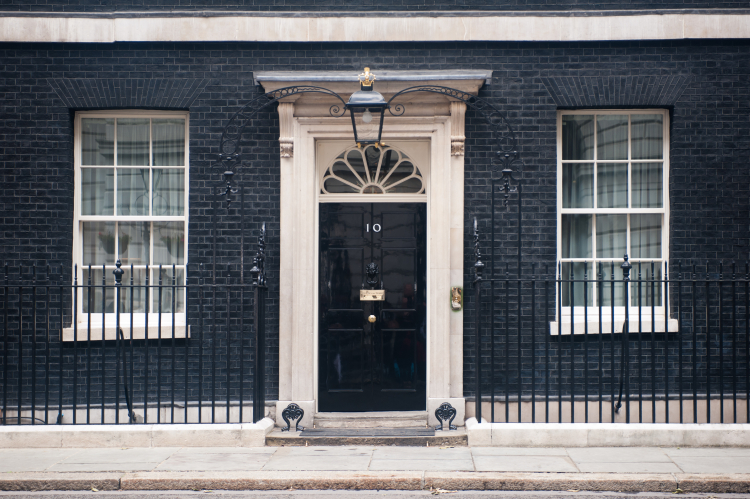Another month, another PM – more stability, less uncertainty sought by industry

October saw Rishi Sunak replace Liz Truss as Prime Minister, with markets pricing in a political “risk premium” and business seeking more clarity for the future.
Britain is not known for political instability. Its political institutions are renowned for their strength and durability – spanning centuries and, in some cases, millennia. However, that reputation has, at least to some degree, been turned on its head in recent months.
In September, Boris Johnson was still Prime Minister, albeit mired in crisis and with ebbing support. His successor, decided in a snap leadership contest, Liz Truss, served only 50 days in office as Prime Minister – the shortest tenure in British political history – replaced by Rishi Sunak on 25 October.
At the centre of recent economic insecurity was the recent mini-budget by Liz Truss and her even more short-lived Chancellor Kwasi Kwarteng, sacked after only 38 days in post. The mini-budget immediately spooked markets: aiming to emphasise growth, it instead led to damaging headlines about ideological tax cuts, a choking of UK mortgage lending and market concerns about funding borrowing plans.
Sunak enters office without the honeymoon period customary for a new Prime Minister. His economic warnings about Liz Truss’s growth plans during the September leadership contest, which he lost to her, offer scant satisfaction now he assumes office.
In the 25 October reshuffle, it was announced that Grant Shapps was appointed as the new Secretary of State for Business, Energy and Industrial Strategy. However, a desire to show continuity amid the recent flux has led Sunak to reappoint many ministers responsible for important aspects of the economy.
Jeremy Hunt remains Chancellor after a week in the role under his previous boss; James Cleverly stays on as Foreign Secretary; Suella Braverman returns as Home Secretary after resigning only a week earlier; and Kemi Badenoch has been reappointed as International Trade Secretary.
There has already been some progress in reassuring markets. Long and short-term UK Government bond yields have in recent days returned to pre-mini-budget levels, while sterling has also regained some strength relative to the euro and dollar.
New “intervention” proposals for the Treasury to overrule the City’s two big financial regulators, the Prudential Regulation Authority (PRA) and the Financial Conduct Authority (FCA) in matters of “significant public interest” are one potential new flashpoint.
The plans to amend the Financial Services and Markets Bill, the UK’s post-Brexit framework for banks, insurers and asset managers, have already provoked vocal opposition from the PRA and FCA, claiming that the risk of political intervention could harm the City.
Further problems remain for the Sunak government. As he made clear in his first speech on entering office, a path to growth remains a priority. The economic headwinds are significant: the cost-of-living crisis, internationally high inflation levels and Europe’s energy crisis, all of which have been largely caused by Vladimir Putin’s illegal war in Ukraine. Recession looms, not just in the UK, but in the US and Europe.
While recent editorials have compared the UK’s politics to those of Italy – with its track-record for short-lived governments and leaders bouncing from crisis to crisis – the Sunak government is likely to have significantly more longevity than Liz Truss’s abortive administration. The new Prime Minister is unlikely to call a general election until the Conservatives have recovered from their nadir in the polls. That period provides an opportunity to show more stability in the difficult months ahead.
